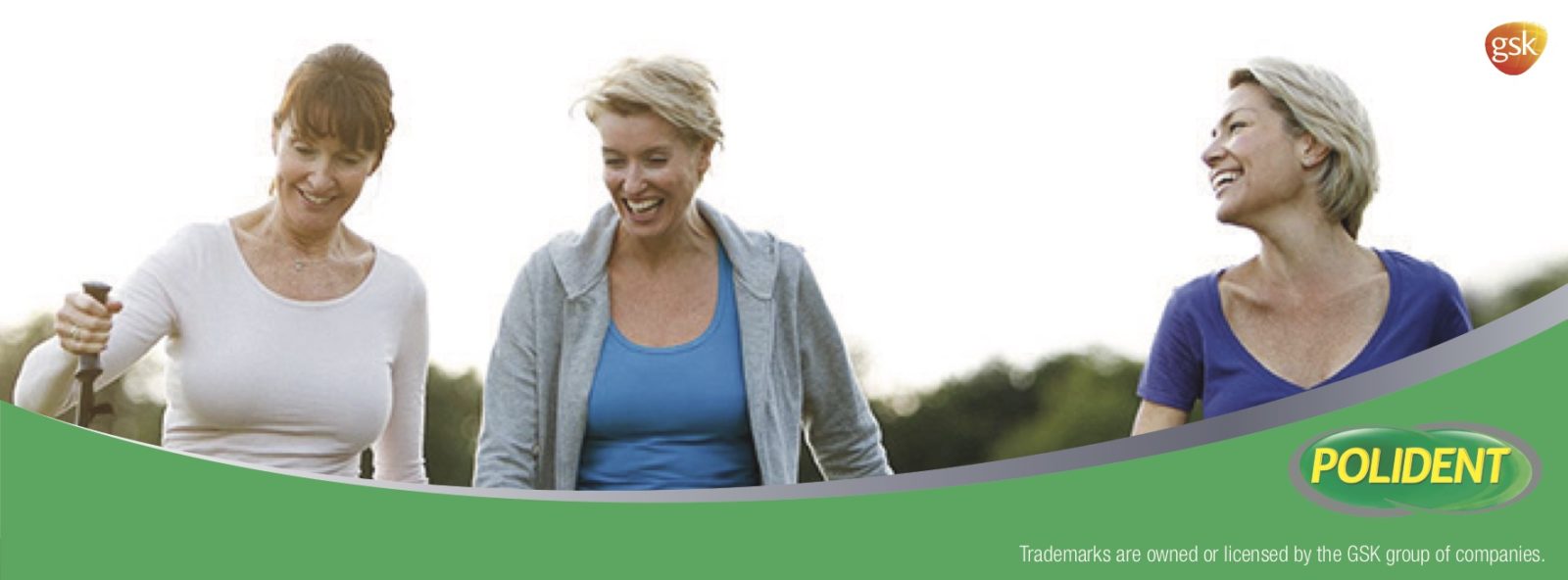
The Beatles sang “I get by with a little help from my friends”, and they sure weren’t wrong.
Sixty-pluses know the value of a true friendship and of being part of a closely connected community. Both can provide the most amazing support network, especially for older Aussies who may not have a partner or close family to lean on.
But friendships and community interactions aren’t just great emotional supports – they can also do wonders for health in later life.
A study conducted by Harvard University over almost 80 years found that happy and close relationships with family, friends and a community not only helped people live longer, but also live more happily.
The Harvard researchers found that good relationships were more influential than social class, IQ or even genes when it came to predicting which of the study’s participants would live long, happy lives, with the people who were most satisfied with their relationships at 50 turning out to be the healthiest of the group at 80.
If that wasn’t enough, other studies show that maintaining social ties reduces the risk of some cancers, cardiovascular disease, high blood pressure, arthritis and Alzheimer’s disease, just to name a few serious conditions.
As we age and our own parents pass away, marriages break up and children fly the coop, friends and community connections become ever more important. Yet it’s also a time when maintaining those connections can become more difficult, whether it’s health issues keeping a person housebound or just the gradual loss of friends to illness or death.
Author, TV and radio broadcaster Susie Elelman says she understands this situation all too well.
Because she’s single and lives alone, the 64-year-old says she relies on a close circle of friends to sometimes help pick her up and remind her of all the great things in life.
“There is an inordinate number of Australians now who live by themselves,” Susie explains.
“If you look at marriage break-ups, there are 50 to 60 per cent of Australians separated or divorced. You have a lot of people who are widows and widowers, so we already have a huge population over 60 who are living by themselves. That’s the status quo.”
Susie points out that busy modern lives have become somewhat fragmented; with ever-cheaper travel and an international jobs marketplace, it means families don’t always live around the corner or up the road any more. This fragmentation can be particularly challenging for those who aren’t computer- or internet-savvy, leaving too many over-60s feeling isolated.
But she says that makes it even more important that older Aussies don’t allow health or confidence issues to prevent them from socialising, whether that’s through maintaining friendships or fostering new social connections.
“If you start limiting yourself as to where you’re going to go socially because you’re conscious of an aspect of your life, you’re once again making yourself further isolated.
“I’ve read lots of information and personally sought medical advice in relation to mental health and one important thing I’ve learned is how you can spend too much time with yourself and internalise things too much,” Susie says.
“That’s how you can start listening to your own internal conversations and that’s where it can expand into things like depression.”
Susie finds one of the best ways to maintain her social connections is regularly meeting up with friends for meals. Whether it’s a quick coffee, brunch, lunch, dinner or an after-movie snack, she says there’s always a dining option for every need and budget.
“Whether you’re a vegetarian, whether you’ve got false teeth, whether you’re glucose intolerant,” she says. “Whatever you feel limits you, can easily be overcome. The only thing you really need to overcome, I believe, is your mental approach to things.”
Susie uses the experience of her own brother as a great example of someone who beat an unconscious insecurity with one small but important change: a better fit to his dentures. An unfortunate experience with loose dentures left him avoiding catching up with friends for food, but Susie says that once her brother realised his denture concerns were putting him off accepting invitations, he was easily able to fix it and get back in to the social swing of things.
Still, the veteran broadcaster and writer understands that it’s not always easy to get back out there and make friends.
“It takes a little bit of courage to go back into society, particularly if you’ve been out of it for a while – you have to get yourself ready as well,” she notes. “Try and keep up with what’s happening around the place, whether it’s listening to the news or grabbing a free local paper and knowing what’s going on – that way you always know you have something that’s going to contribute to the conversation.”
Susie finds having a healthy social life brings big benefits when it comes to self-esteem.
“To keep social is just so important, not only is it an excuse to dress up a bit and wear your favourite clothes or jewellery but to hear other peoples’ voices and to learn from what other people have to say,” the Studio Ten panelist adds. “I talk to older people and they’ll often lament, ‘All my mates are dead now’, which means you have to keep up friendships with younger people too and keep in the loop, so to speak, so you don’t suddenly become invisible and by yourself.”
IMPORTANT LEGAL INFO This article is of a general nature and FYI only, because it doesn’t take into account your personal health requirements or existing medical conditions. That means it’s not personalised health advice and shouldn’t be relied upon as if it is. Before making a health-related decision, you should work out if the info is appropriate for your situation and get professional medical advice.

To give you that extra confidence and comfort, Polident denture adhesive can help seal out food particles, so you can enjoy a wider variety of your favourite foods.